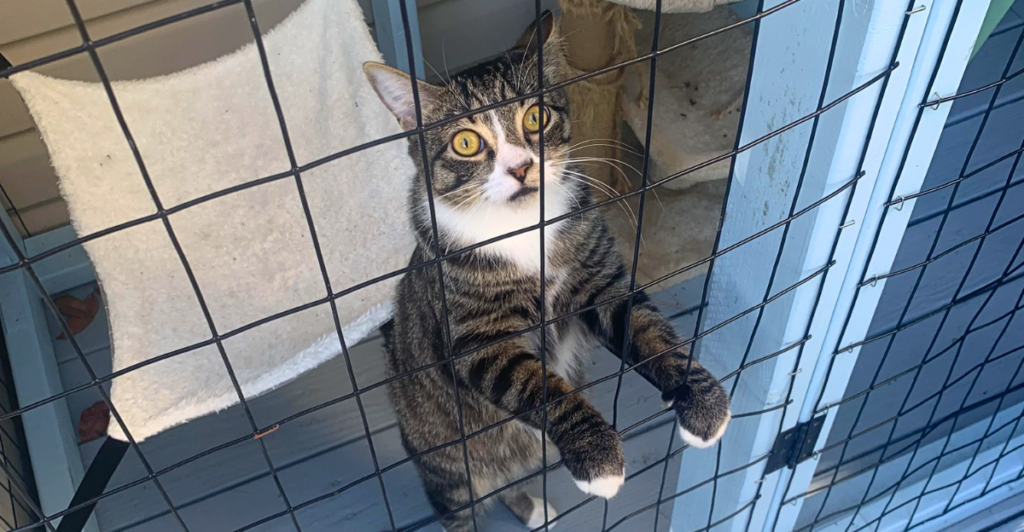
Cat lovers proudly post photos of their furry friends lounging in sunbeams or striking silly poses—but behind those adorable snapshots lie a few not-so-cute realities. Indoor cats come with quirks and challenges that rarely make it to Instagram.
From surprising hygiene issues to hidden behavioral oddities, living with a house cat isn’t always as polished as it looks. Owners often deal with unpleasant surprises, strange routines, and downright gross habits that outsiders rarely hear about. But understanding these behind-the-scenes truths is key to caring for a cat the right way—and might explain why your cat-owning friend always has a lint roller handy.
Curious what they’ve been keeping hush-hush? Here are nine gross realities only cat parents truly understand.
The Hair Never Stops Coming
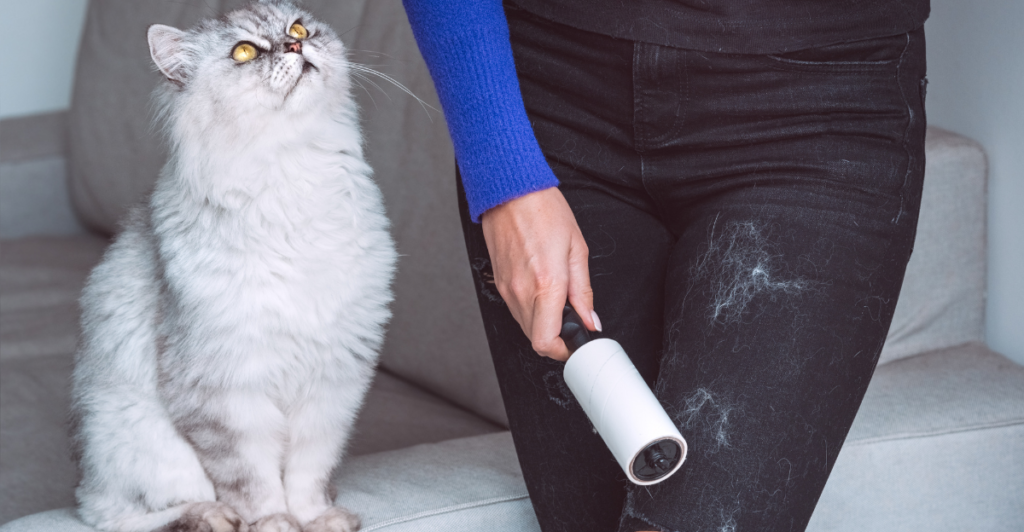
Indoor cats don’t follow the same shedding schedule as their outdoor counterparts. Thanks to artificial lighting and regulated indoor temperatures, their fur falls out nonstop, all year round. This means no matter how much you vacuum, sweep, or lint-roll, the fluff keeps coming.
You’ll find it in your cereal, stuck to your clothes, and floating through the air like confetti. Some breeds shed more than others, but even short-haired cats can leave behind a surprising amount of fuzz. Regular grooming helps, but it won’t eliminate the problem.
Many cat owners quietly accept a permanent layer of hair on furniture and clothes—after all, they love their cats more than they hate the mess.
The Smelly Truth About Litter Boxes
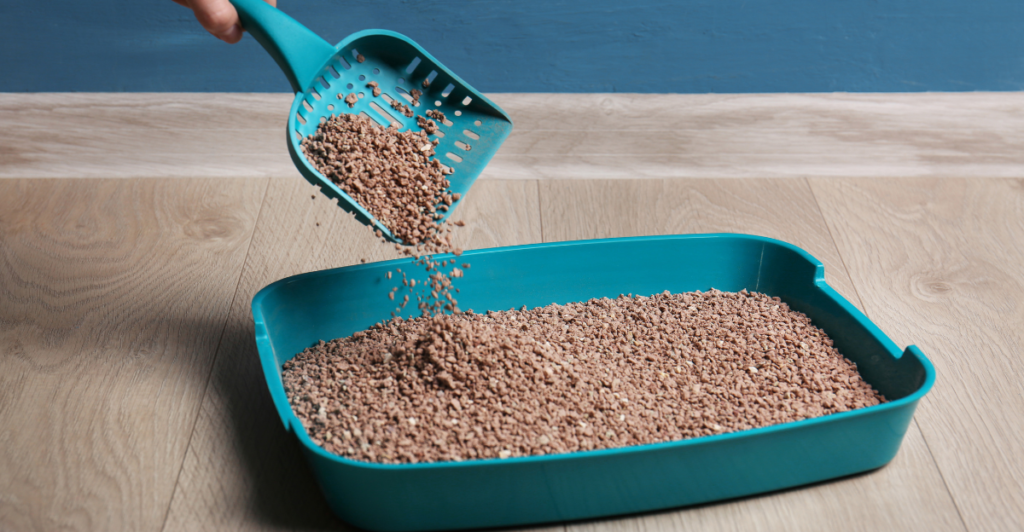
Even the most fastidious indoor cat can’t make their litter box smell like roses. A poorly placed or rarely cleaned box can quickly overwhelm a room with ammonia-like odors. The truth is, scooping once a day often isn’t enough, especially in multi-cat households.
Worse, if the box isn’t cleaned regularly, your cat might decide to relieve themselves elsewhere—on your rug, your laundry, or your favorite pair of shoes. Covered boxes can trap smells, but uncovered ones let them drift freely. There’s no perfect solution, only diligence.
Many cat owners become nose-blind to the smell, but guests almost certainly won’t be. Behind every sweet-smelling home with a cat is likely someone quietly scrubbing and spritzing to keep things livable.
Cats Can Be Gross Groomers
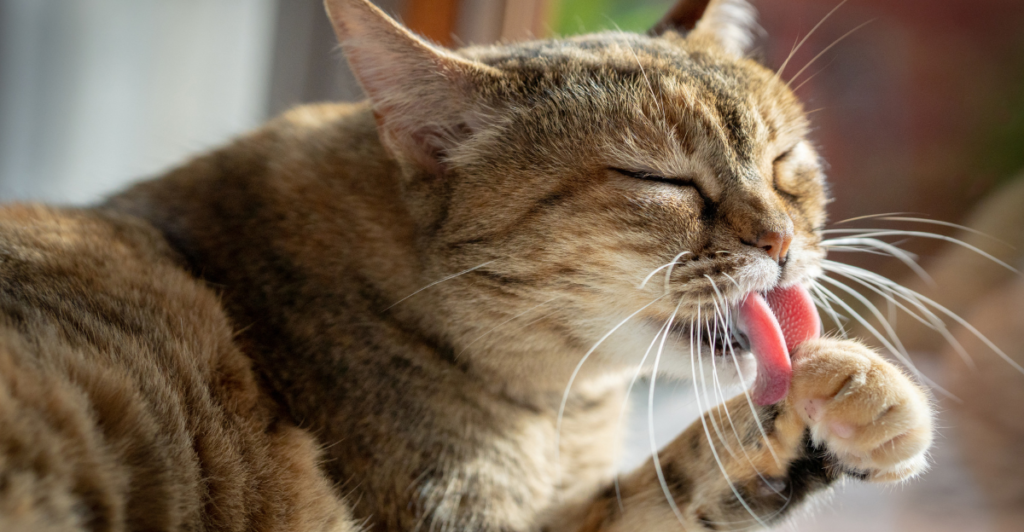
Cats are famous for grooming themselves, but not all grooming is created equal. Some cats develop strange habits like licking plastic bags, chewing on cords, or even obsessively licking their owners’ hair.
Others over-groom until they leave bald patches or ingest so much fur that they constantly hack up hairballs. These behaviors can signal stress or boredom, but are also just part of a cat’s gross routine. Hairballs, in particular, are the bane of cat ownership—wet, slimy, and always landing where you least expect.
Owners rarely post about stepping barefoot into a cooling blob of regurgitated fur, but it happens more than they’d like to admit. Cats may be clean, but their methods can be anything but.
Parasites Still Find a Way In
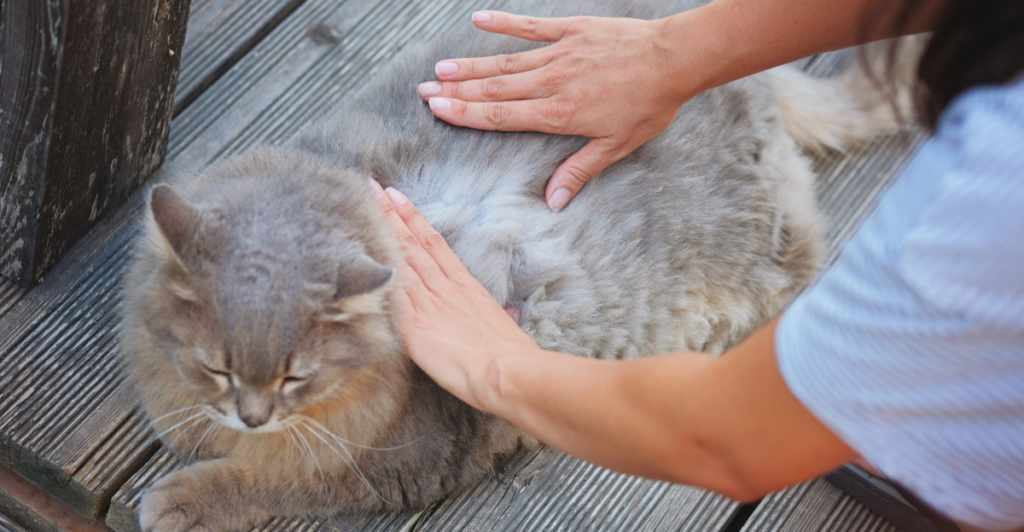
Many assume indoor cats are safe from fleas, ticks, or worms, but parasites are sneakier than you think. Fleas can hitch a ride on your clothes or shoes. Ticks cling to houseplants or sneak in on other pets.
Even indoor-only cats can contract intestinal worms from contaminated food or soil brought inside. The result? Itchy skin, vomiting, or worse. Cats might drag their butts across the carpet or vomit up something truly unpleasant. Preventative treatments help, but cat owners often learn the hard way that indoor doesn’t mean immune.
And when a cat brings parasites into the home, it’s not just the pet that suffers—the whole household gets caught in the crossfire of disinfectants and itchy paranoia.
The Stench of Territorial Spraying
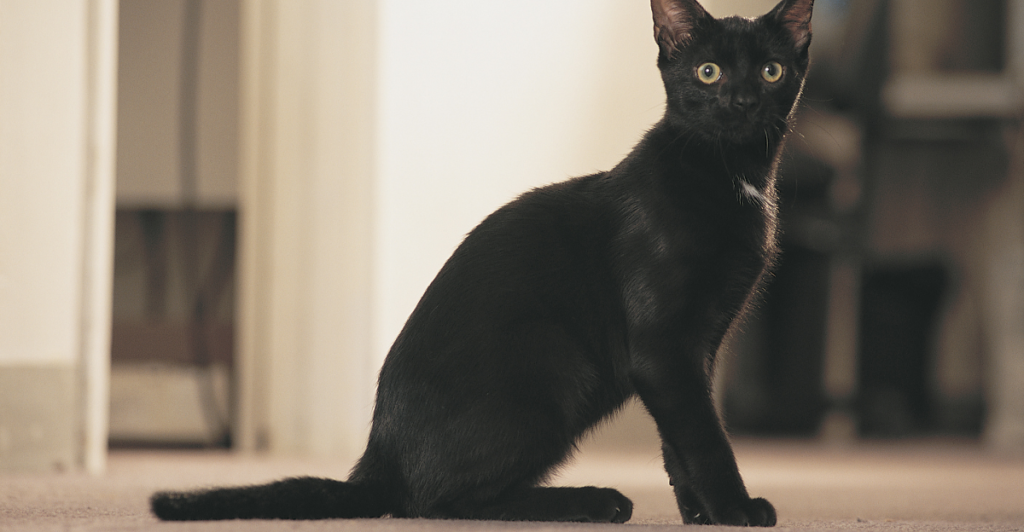
Neutered cats are less likely to spray, but it still happens—and the smell is unforgettable. Male and female cats alike may mark territory by backing up to a wall or curtain and releasing a few foul-smelling drops. It’s not urine exactly, but a pungent chemical cocktail meant to send a message.
And it lingers. Owners may try to hide the smell with candles or sprays, but cat spray is notoriously hard to eliminate. Stress, new pets, or changes in routine can all trigger it. While it’s less common in fixed cats, it’s far from rare.
Many cat owners quietly become scent detectives, scanning walls and furniture for the source of that musky, sharp odor that just won’t go away.
That Time Your Cat Stepped in Poop

Litter boxes don’t always work perfectly. Sometimes, cats miss their mark. Other times, they step in something and casually track it across your floors, couch, or even your bed. Paw prints of dried feces on white sheets? Not uncommon.
Some cats also have a bit of litter stuck to their fur, especially long-haired breeds, turning into accidental mess-makers. And let’s not talk about those times they sit on your laptop right after a not-so-clean bathroom visit.
Most cat owners develop sharp eyes for spotting and cleaning mystery smudges. It’s not pretty, but it’s part of the package. They may never mention it aloud, but every cat parent has wiped poop off a paw at some point.
The Horror of the “Gift”
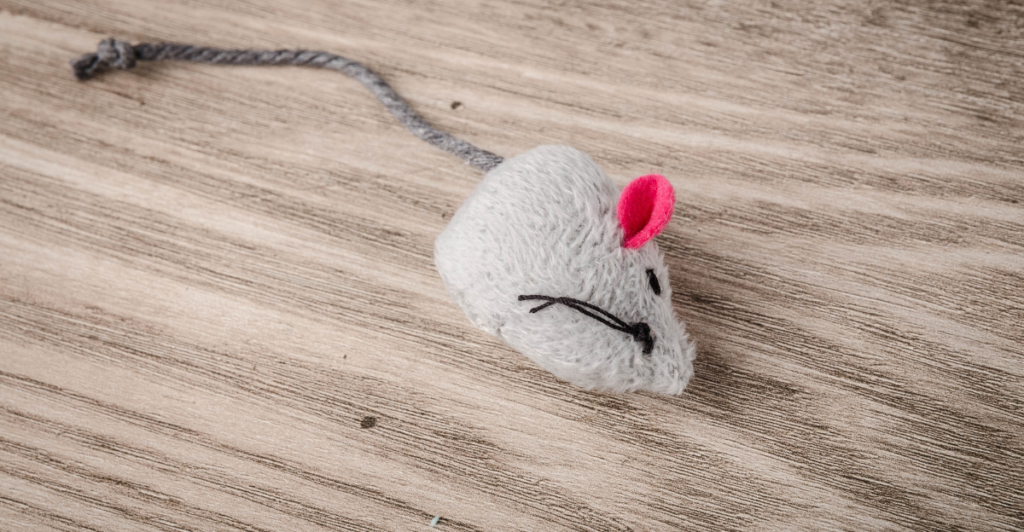
Indoor cats don’t hunt wild prey, but that doesn’t mean they won’t present you with something disgusting. A chewed-up toy mouse soaked in spit, a half-digested hair tie, or—worst of all—a regurgitated piece of yesterday’s food artfully arranged on your carpet.
These are their “gifts,” offered with love and feline pride. While outdoor cats bring back birds or rodents, indoor cats improvise. They might raid the trash, dig something out of the bathroom, or even drag socks across the floor like trophies. While it’s kind of sweet, it’s also a little gross.
Cat owners may smile when they say, “Oh, he brought me his toy again,” but deep down, they’re wondering what else he’s been chewing on.
Indoor Cats Can Get Overweight Quickly
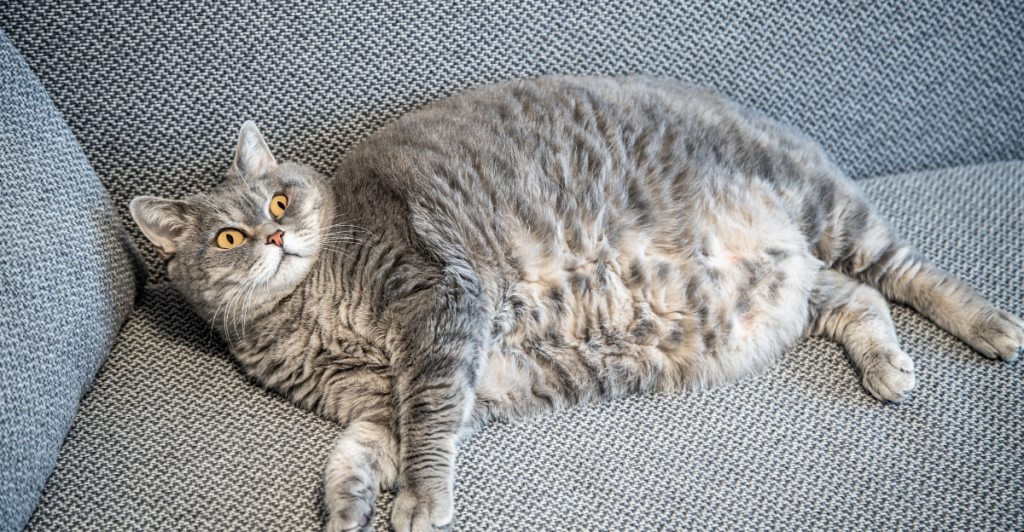
Without the need to hunt or explore, indoor cats often live a sedentary lifestyle, curling up on windowsills and snoozing for hours. This lack of movement takes a toll: nearly 60% of house cats are overweight, according to the Association for Pet Obesity Prevention.
Excess weight can lead to diabetes, joint pain, and other serious health problems. Portion control helps, but so does playtime. Laser pointers, interactive toys, and even climbing towers can encourage cats to move more and burn calories.
Try scheduling daily play sessions to mimic natural hunting instincts. Keeping your cat active isn’t just about weight—it boosts their mood and keeps boredom at bay. A healthy cat is a happy, playful, and purring companion.
Cats Are Gross—And We Love Them Anyway
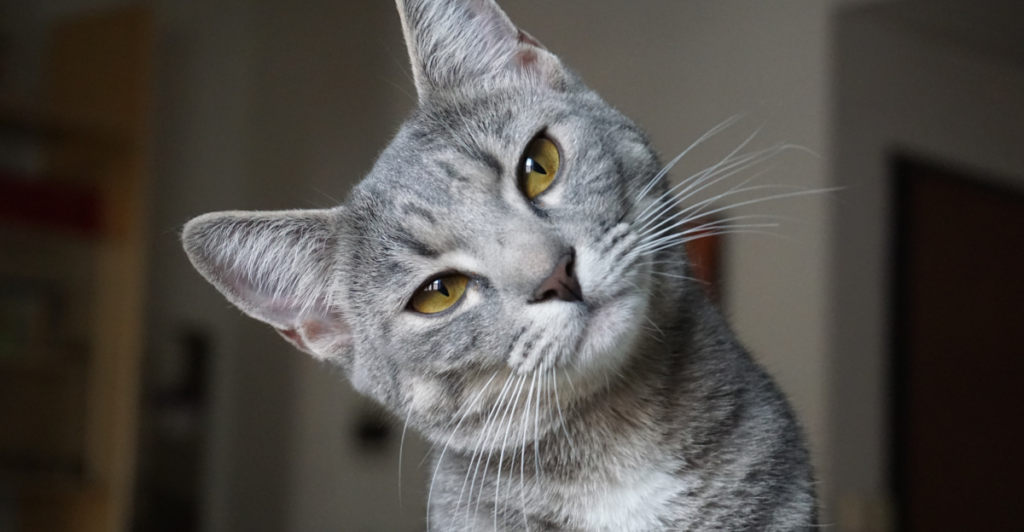
Despite all the smells, spills, and unspeakable messes, cat owners keep coming back for more. There’s something irresistible about the quiet companionship of a cat lounging nearby, the sound of a contented purr, or the warm nuzzle of a furry head.
The gross stuff becomes background noise, cleaned up quietly and shrugged off with a laugh. And it’s not about denial—it’s about love. Cat people know their pets are weird, messy, and sometimes downright disgusting. But they also know that the bond is worth every unpleasant surprise.
Behind every lint roller and air freshener is a cat owner who wouldn’t trade their smelly, hairy, mischievous feline for anything in the world.
Explore more of our trending stories and hit Follow to keep them coming to your feed!

Don’t miss out on more stories like this! Hit the Follow button at the top of this article to stay updated with the latest news. Share your thoughts in the comments—we’d love to hear from you!







